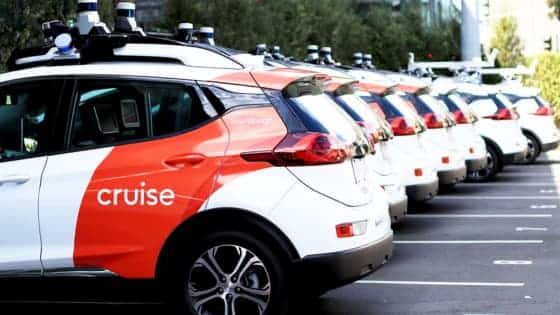On a recent episode of Localogy’s This Week in Local podcast, my colleague Mike Boland did something he often does. He flipped our regular “Who Won the Week” feature into “Who Lost the Week.”
In this particular episode, the loser in question was the driverless vehicle industry, thanks to some unfortunate accidents that didn’t exactly bolster public confidence.
In the segment, we acknowledged some basic truths. Driverless vehicles, whether they are hauling people or goods, are safer than cars operated by humans.
Robots don’t drink and drive. At least the ones I know don’t. They also don’t text and drive or have emotional arguments with their partners over Bluetooth.
Mike and I also agreed that none of what I just said really matters. If the vehicle has no driver, its safety record needs to be perfect. Not just better than that of the masses with our pulses, heartbeats, and human frailties.
I thought of this brief exchange on the podcast when I read this week that Cruise, which is General Motors’ troubled autonomous taxi subsidiary (motto: “Safety is Our North Star”), has seen its valuation slashed roughly in half.
According to Reuters, “Cruise saw its internal share price cut by more than half from a quarter ago as the fallout from an October accident continues to weigh on the self-driving car company.”
The October accident in question involved a woman being dragged by a Cruise vehicle after being hit by a human-driven car, In San Francisco. I mean, where else?
Making matters worse, Cruise executives were later found to have withheld safety information from regulators. Cruise ended up having its operations suspended in California.
The End of the Beginning?
Cruise was originally a startup. It was founded in 2013 and acquired by GM in 2016. And since its acquisition it has operated with a large degree of autonomy.
In 2021, it received permission to operate driverless taxis in California.
So is this the end of driverless taxis? Probably not. This may be, to paraphrase Churchill, the end of the beginning for driverless taxis and delivery vehicles.
Industries rarely evolve in a continuous line. They lurch forward, then progress seems to stop. They have setbacks and sometimes are declared dead. Only to resurrect.
No one seems to be declaring autonomous vehicles dead. The whole notion has seemed inevitable, at least since Travis Kalanick admitted this was essentially his vision for Uber from the get go.
That said, until Cruise and others figure out how not to drag civilians down the sidewalk, this probably will not be the “year of autonomous taxi.”




